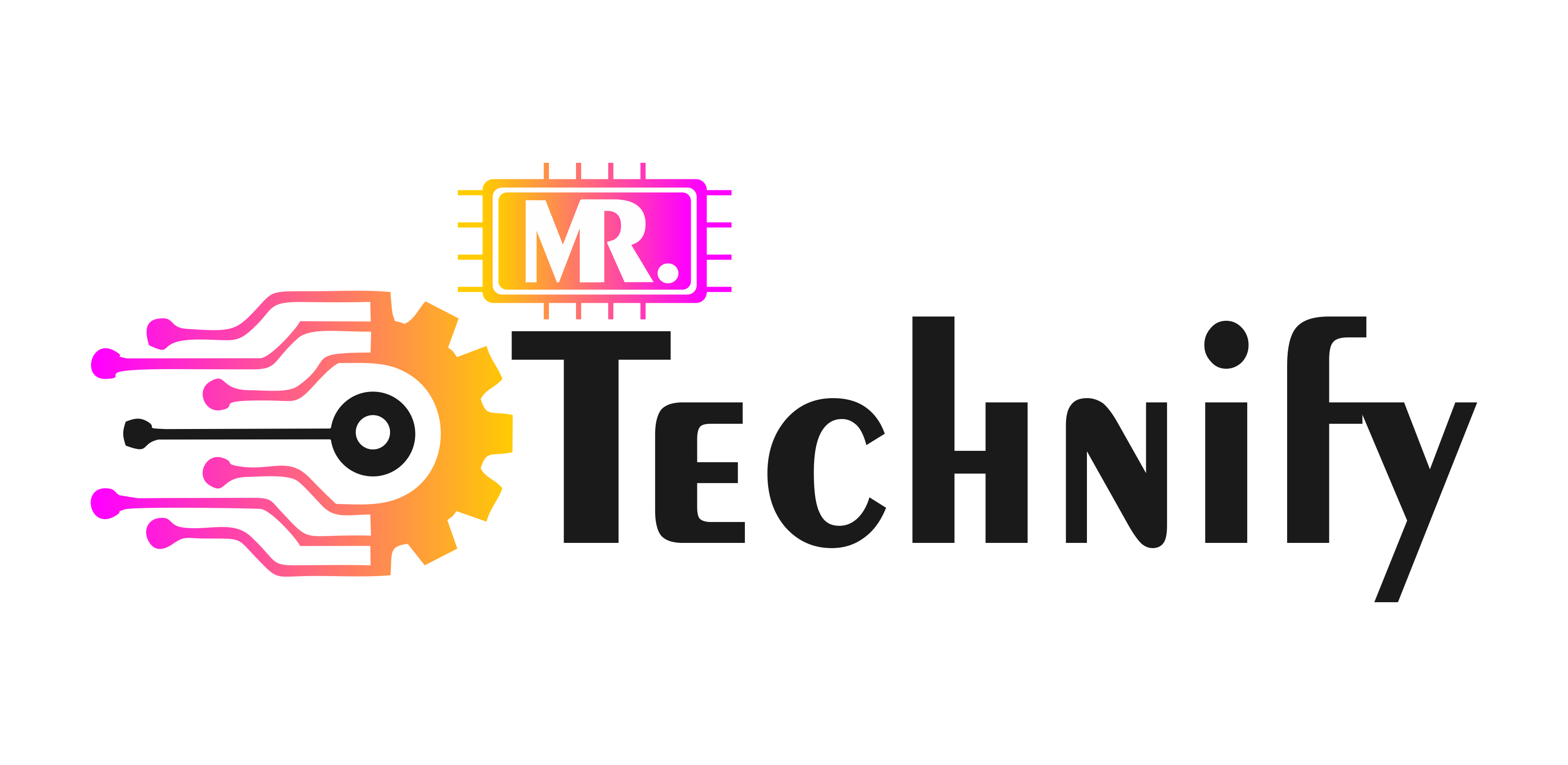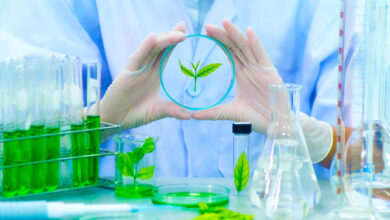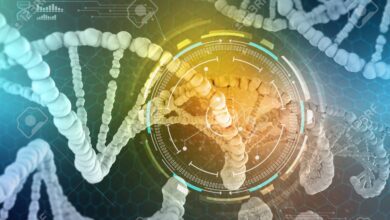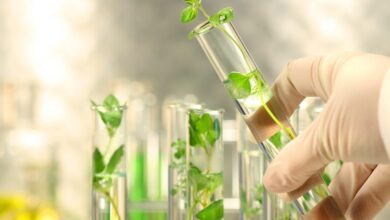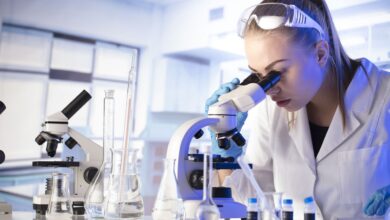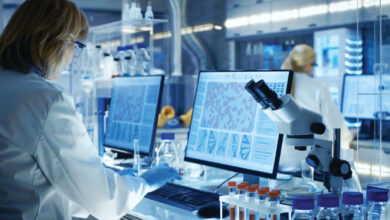Introduction to Biotechnology(Biotech)
Have you ever considered the practical implications of biotechnology? From the foods we consume and medicines we take to the fuels we use to power our vehicles; it is ubiquitous. So, precisely what is it? Biotech is a branch of science that employs biological organisms or portions of these organisms to create or modify products for specific applications.
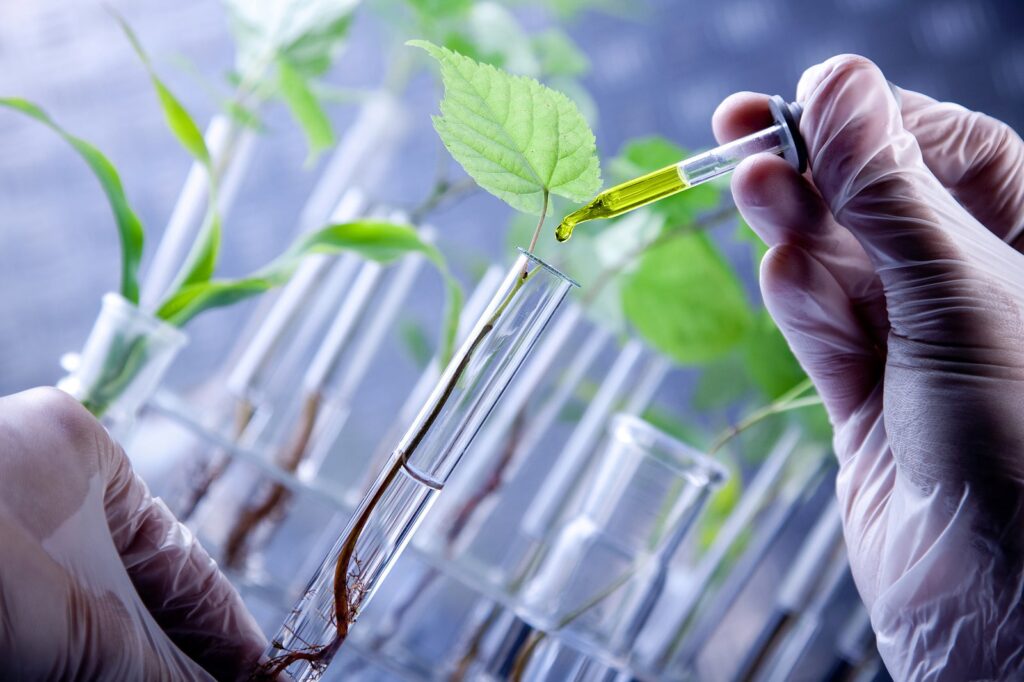
The History and Evolution of Biotechnology
-
Ancient Biotech
Did you know Biotech isn’t a new concept? Our ancestors unknowingly employed Biotech thousands of years ago. Remember the bread and cheese you had for breakfast? That’s an example of ancient Biotech, where they used yeast and other microorganisms in food production.
-
Modern Biotech
Biotech has significantly expanded in the 21st century. DNA and its structure enabled molecular understanding of life, which led to genetic engineering, the cornerstone of contemporary Biotech.
Key Principles of Biotech
-
Genetic Engineering
Genetic engineering is the superhero of modern Biotech. It involves modifying the genetic makeup of organisms, usually by inserting or deleting specific genes, to create organisms with desirable traits. Imagine it like cutting and pasting sentences in a Word document but with genes instead.
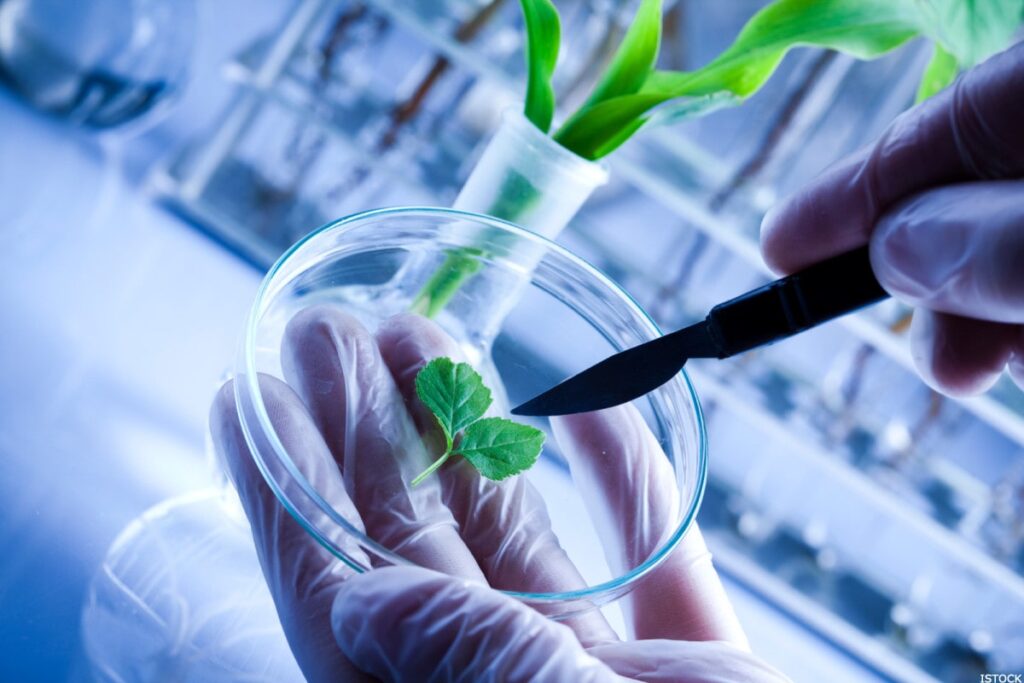
-
Cell and Tissue Culture
Have you ever considered starting a plant with only one cell? Cell and tissue culture makes it possible. It’s a method of growing cells or tissues in an artificial environment, allowing scientists to study the effects of different conditions or substances on them.
-
Bioinformatics
The influx of large-scale data in Biotech ushered in the need for bioinformatics – a branch of Biotech that employs computer science to analyze biological data. It’s like a super-efficient librarian organizing and interpreting a vast library of biological information.
The Impact of Biotech
-
Biotech in Medicine
Biotech is revolutionizing healthcare. From manufacturing synthetic insulin to developing personalized medicines and gene therapies, biotechnology promises to make healthcare more personalized and efficient.
-
Biotech in Agriculture
Are GM crops something you’re familiar with? Biotech has profoundly affected farming, allowing disease- and pesticide-resistant crops to be created while raising yields and decreasing waste.
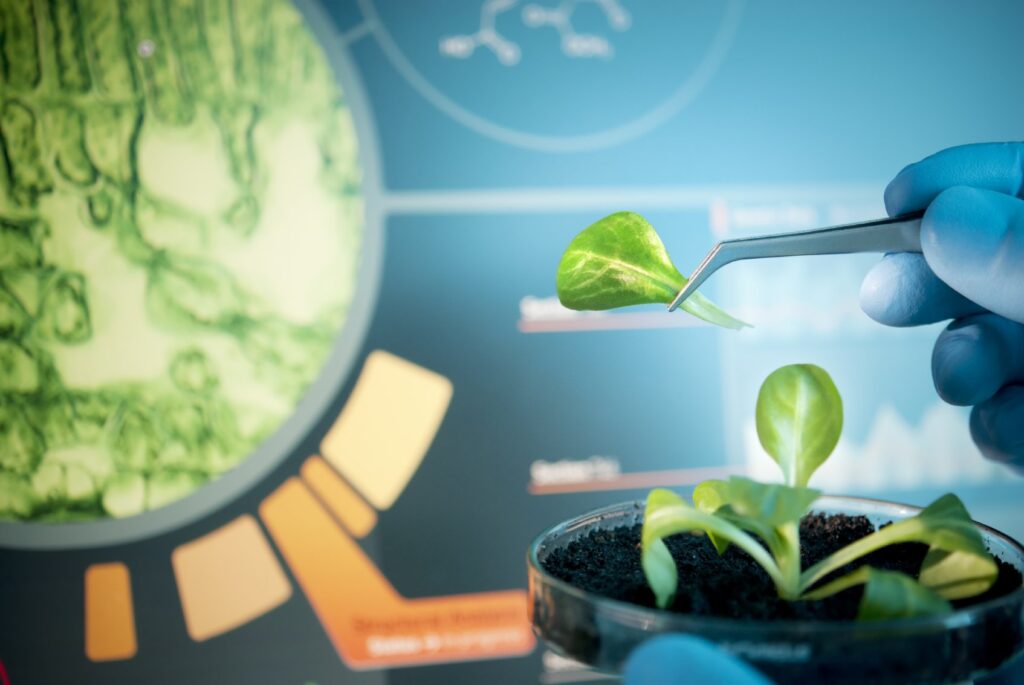
-
Biotech in Industry
Biotech isn’t just about medicine and agriculture. It’s also used in industries to produce biofuels, clean up oil spills, and even brew beer!
Future Trends in Biotech
Biotech has infinite potential because of technological progress—gene editing using CRISPR-Cas9 and Biotech in the battle against climate change point to a bright future.
The Ethical Aspects of Biotech
Like any powerful technology, Biotech raises ethical questions. Who owns genetically modified organisms? As we progress, we must balance innovation with ethical considerations.
Conclusion
In a nutshell, biotechnology is a powerful tool that has the potential to revolutionize various sectors, from healthcare to agriculture and industry. However, it also necessitates careful ethical considerations to ensure its use benefits humanity while minimizing potential risks.
FAQs for Biotechnology
What are the potential risks of biotechnology?
Potential risks include ethical issues, potential harm to the environment, and the possible creation of harmful organisms.
What’s the role of biotechnology in healthcare?
Biotechnology plays a significant role in healthcare, from developing drugs and vaccines to creating personalized treatments and therapies.
How has biotechnology influenced agriculture?
Biotechnology has helped improve crop yield, resistance to pests, and the nutritional value of crops.
What does the future hold for biotechnology?
The future of biotechnology holds immense promise, from gene editing to fighting climate change and creating sustainable biofuels.
